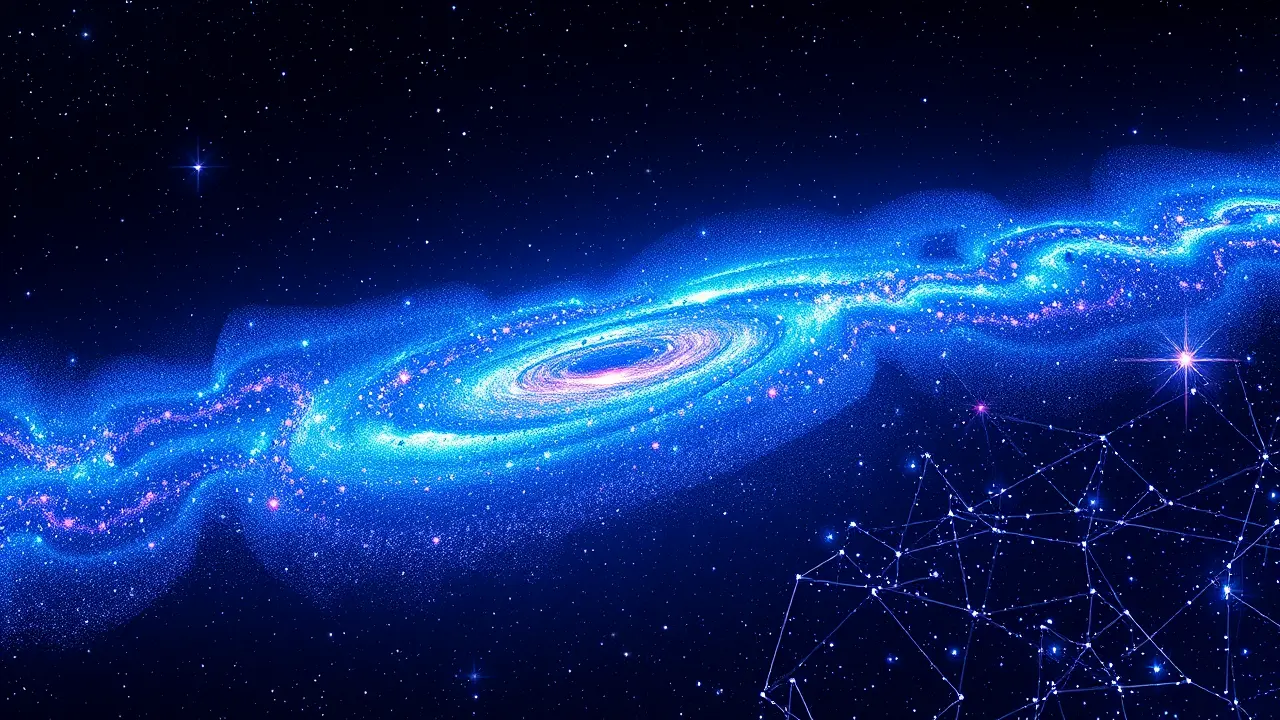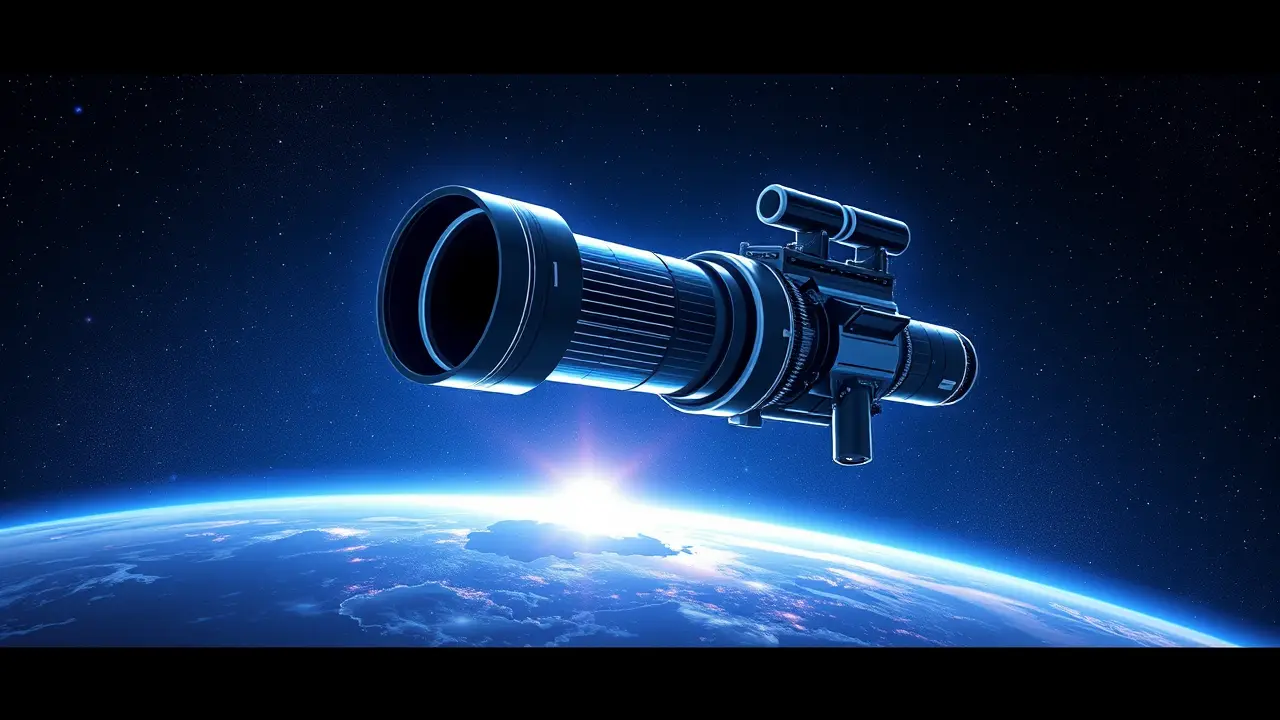
Sciencespace & astronomyAstrophysics Discoveries
Dark energy might be changing and so is the Universe
TH
Thomas Green
4 hours ago7 min read3 comments
The cosmos, in its infinite complexity, has thrown us another curveball, one that feels as monumental as when we first realized the Earth wasn't the center of the universe. New supercomputer simulations are now suggesting that dark energy, the mysterious force driving the accelerated expansion of the universe, might not be the constant, immutable entity we've believed it to be for the past quarter-century.Instead, it appears to be dynamic, subtly evolving over the eons and, in doing so, actively reshaping the very fabric of cosmic structure. This isn't just a theoretical tweak; it's a potential paradigm shift, akin to discovering the rules of gravity change slightly depending on where you are in space.These groundbreaking simulations find a powerful echo in the recent, and remarkably precise, observations from the Dark Energy Spectroscopic Instrument (DESI), which together constitute the most compelling evidence yet that the force dominating our universe's fate is anything but static. The implications are staggering.For decades, the cosmological constant, a concept even Albert Einstein initially introduced and then famously dismissed as his 'greatest blunder,' has been the standard model for dark energy—a smooth, unchanging vacuum energy woven into spacetime itself. This new data, however, paints a picture of a universe where the 'engine' of expansion is variable, potentially weakening or strengthening over cosmic time.Imagine if the thrust of a rocket wasn't constant but fluctuated, subtly altering its trajectory over a billion-mile journey; that's the scale of change we're contemplating for the entire cosmos. This dynamism could elegantly resolve lingering tensions in our cosmological models, such as the so-called 'Hubble tension,' where different methods of measuring the universe's expansion rate yield stubbornly conflicting results.A changing dark energy could be the missing piece, the variable that reconciles these disparate measurements. Furthermore, if dark energy is not a constant, it opens up a plethora of theoretical possibilities, from it being a new kind of field, like the inflaton field that powered the Big Bang, to something even more exotic tied to the hidden dimensions of string theory.The potential consequences ripple across all of astrophysics. The ultimate fate of the universe—whether it ends in a 'Big Rip,' a 'Heat Death,' or something entirely unforeseen—hinges directly on the nature of dark energy.A dynamic force could mean a far more dramatic and volatile end, or perhaps a more prolonged and complex evolution than our current models predict. It forces us to re-evaluate everything from the formation of galaxy clusters to the large-scale flow of matter.As we stand on the precipice of this new understanding, with instruments like the Vera C. Rubin Observatory coming online, we are not just charting a static map of the heavens but are beginning to watch the universe's engine room in real-time, witnessing the fundamental forces of creation as they actively write the story of everything.
#featured
#dark energy
#universe evolution
#supercomputer simulations
#DESI observations
#cosmology
Stay Informed. Act Smarter.
Get weekly highlights, major headlines, and expert insights — then put your knowledge to work in our live prediction markets.
Related News
© 2025 Outpoll Service LTD. All rights reserved.
